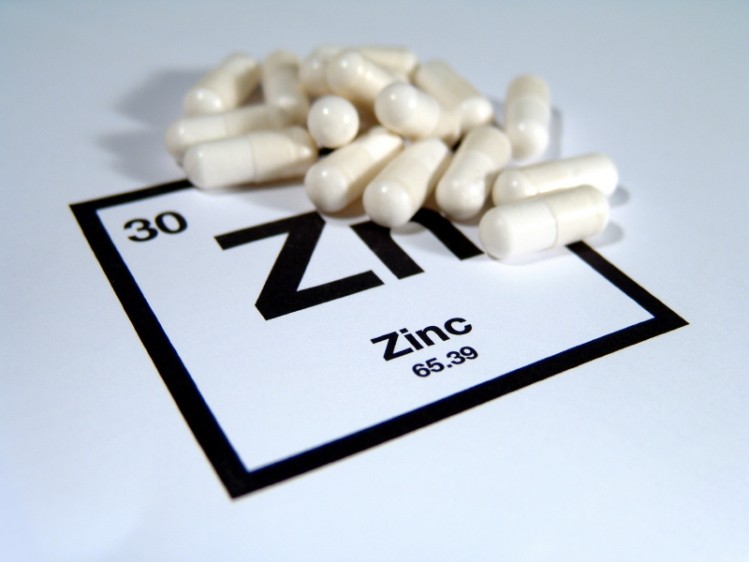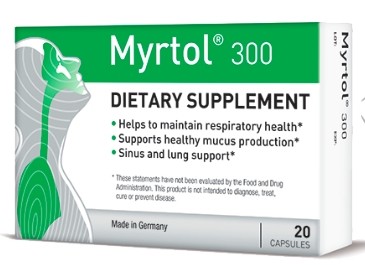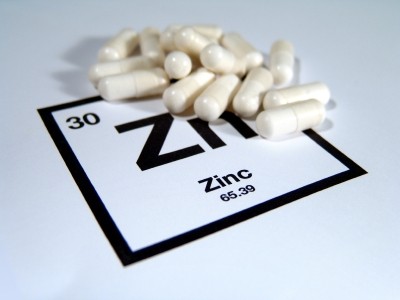Zinc backed for common cold relief: Study

In a follow-up to a similar study carried out last year, researchers found zinc lozenge efficacy was not modified by allergy, smoking, common cold severity, age, sex, or ethnic group.
The team concluded that the effect of three day reduction in common cold duration with these lozenges was clinically relevant and appeared widely applicable.
Zinc has the highest number of EFSA (European Food Safety Authority)-approved health claims for a mineral at 18. These include claims for the maintenance of a normal immune system, healthy skin and healthy bones. In comparison, calcium has 10 approved claims while iron has 12.
Follow-up analysis
In this latest analysis, scientists from the University of Helsinki looked at 199 subjects with the common cold. These subjects were placed in three randomised placebo-controlled trials in which zinc acetate dosage was kept above 75 mg/day.
The majority of these subjects were female with 80% of them aged between 20-50 years. One third of the patients had allergies.
A one-stage and two-stage meta-analysis approach was used. The one-stage analysis resulted in a cold reduction of around 2.73 days by zinc acetate lozenge usage.
The two-stage meta-analysis gave a reduction of 2.94 days. These estimates are compared with the seven day average duration of colds in the three trials.
“One study indicated that zinc lozenges might be more effective for common cold patients with allergies, but we showed that the efficacy is the same for those with and without allergies,” said Dr Harri Hemila of the Department of Public Health, University of Helsinki, and lead author of the analysis.
“Common cold patients should be encouraged to try zinc acetate lozenges not exceeding 100 mg of elemental zinc per day for treating their colds."
An earlier study found that those with the common cold, who tested positive for allergies, were more responsive to the zinc acetate lozenges than those negative for allergies.
Another meta-analysis that experimented with five low-doses zinc lozenges at 75 mg/day resulted in a 42% reduction in the duration of colds on average. Five high-dose zinc gluconate trials resulted in a 20% reduction in cold duration on average.
Conclusions
Zinc acetate has been identified as the best salt for lozenges since zinc ions are bound less strongly when compared to gluconate.
“Since no subgroup differences were found in the effect of zinc acetate lozenges, the overall estimates calculated are the most useful estimates for common cold participants comparable to the patients included in these three trials,” the authors stated.
The researchers thought it unlikely that a zinc dose of around 80 mg/day for one to two weeks would cause long term adverse effects. Zinc doses of 100-150 mg/day have been previously used without any reported issues.
Current recommendations set out by the European Food Safety Authority (EFSA) for zinc range from 7.5 to 12.7 mg/day for women and 9.4 to 16.3 mg/day for men.
“The optimal composition of zinc lozenges and the best frequency of their administration should be further investigated,” the authors concluded.
“Nevertheless, given the current evidence of efficacy and the low rate of adverse effects, common cold patients may be encouraged to try zinc acetate lozenges for treating their colds.”
Source: British Journal of Clinical Pharmacology
Published online ahead of print, doi: 10.1111/bcp.13057
“Zinc acetate lozenges for treating the common cold: an individual patient data metaanalysis.”
Authors: Harri Hemilä et al


















